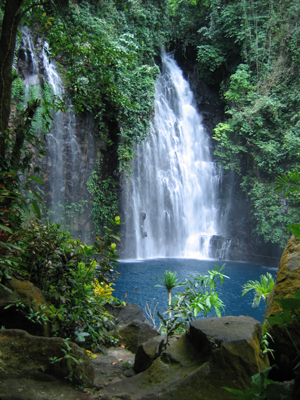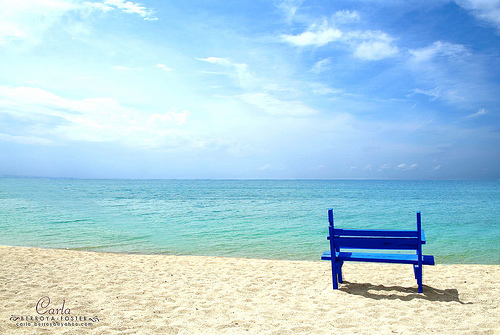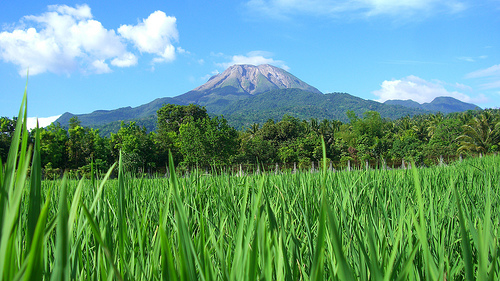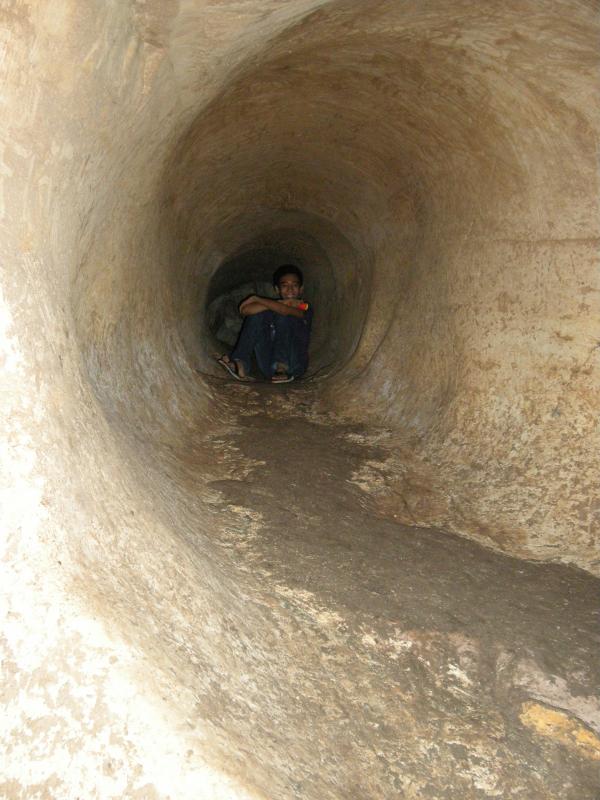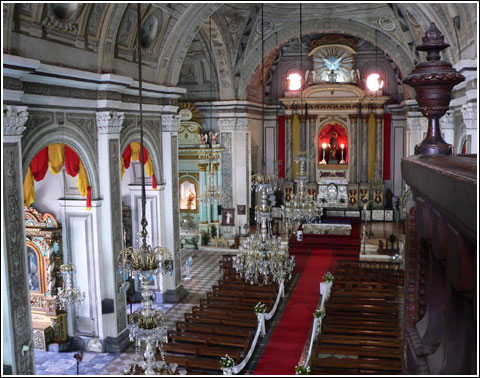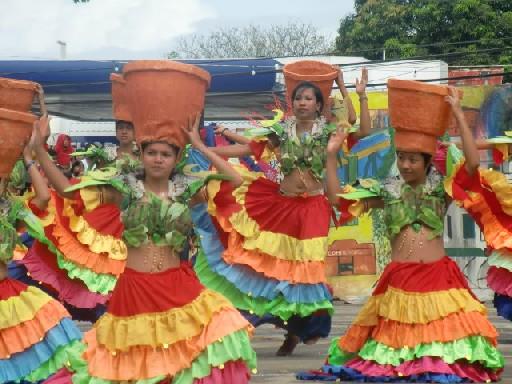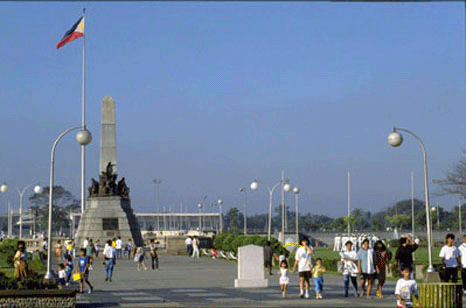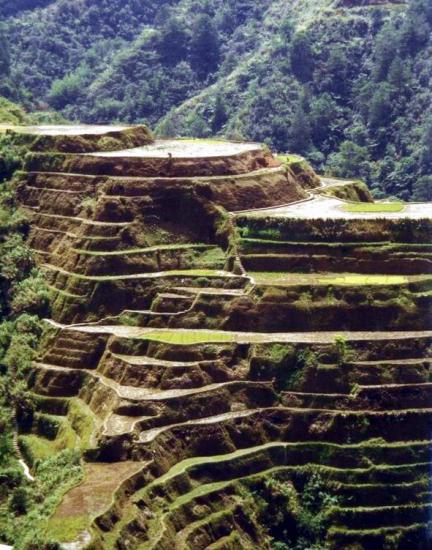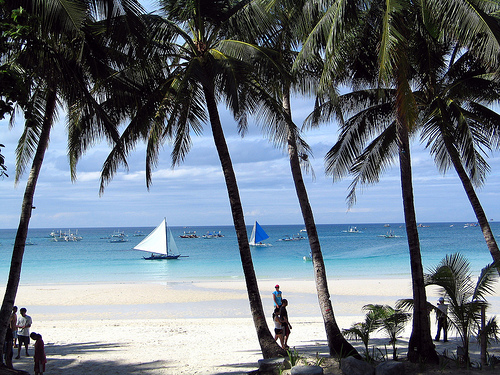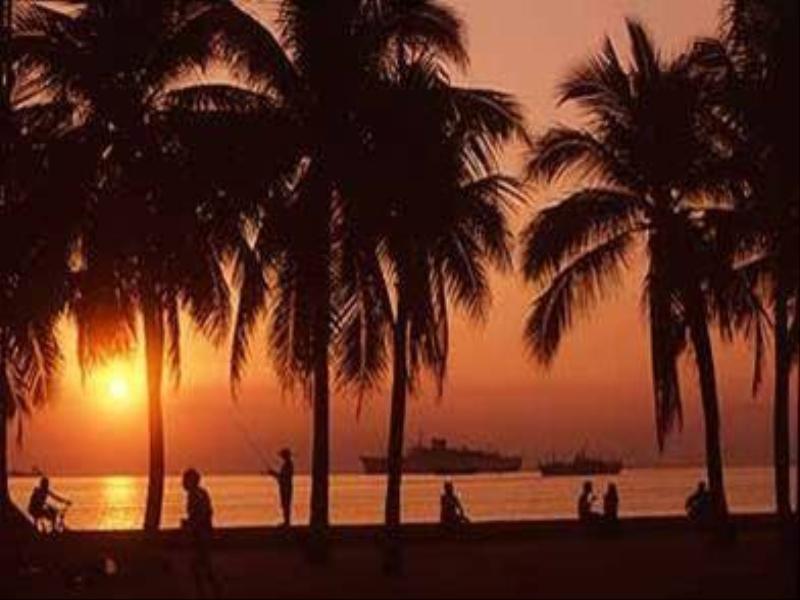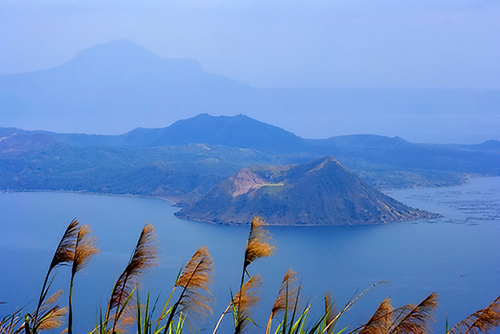SANTA MARIA CHURCH
UNESCO World Heritage Site
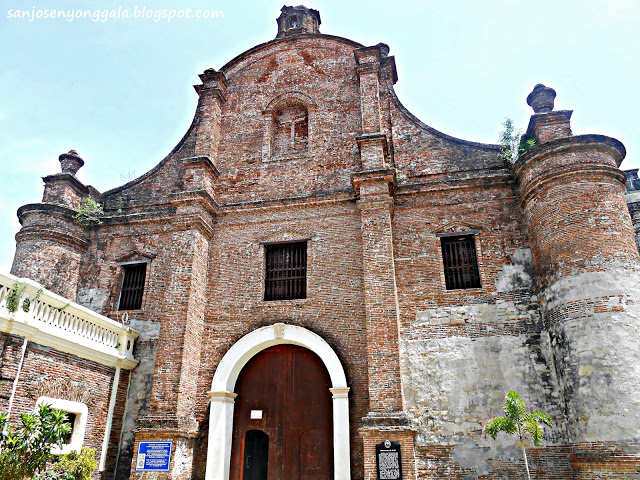 Photo from: http://sanjosenyonggala.blogspot.com/2013/08/santa-maria-church-unesco-world.html
Photo from: http://sanjosenyonggala.blogspot.com/2013/08/santa-maria-church-unesco-world.html
The Church of Our Lady of the Assumption (Nuestra Señora de la Asuncion), commonly known as the Santa Maria Church is the parish church of Santa Maria in Ilocos Sur province, Philippines. The church was designated as a UNESCO World Heritage Site on December 11, 1993 as part of the Baroque Churches of the Philippines, a collection of four Baroque Spanish-era churches. – wikipedia.org
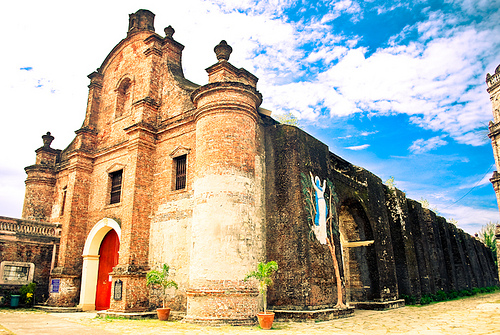 Photo from: pitchandvich.com
Photo from: pitchandvich.com
Small tricycles roam the streets that are marked with charming houses and colonial structures. But up on the higher part of town is its crowning glory. The Church of Nuestra Señora de la Asuncion, known to everyone as Sta. Maria Church, is an 18th century brick church that sits on top of a hill, much like a fortress. The façade, like many Philippine Churches of that era, is imposing and grand. Its bell tower looks like a pagoda, and is curiously detached from the main church itself. From the highway, you simply have to climb 86 steps and you’re there! Walk around the church and you’ll find an even older chapel and cemetery. – http://itsmorefuninthephilippines.com/sta-maria-ilocos-sur/
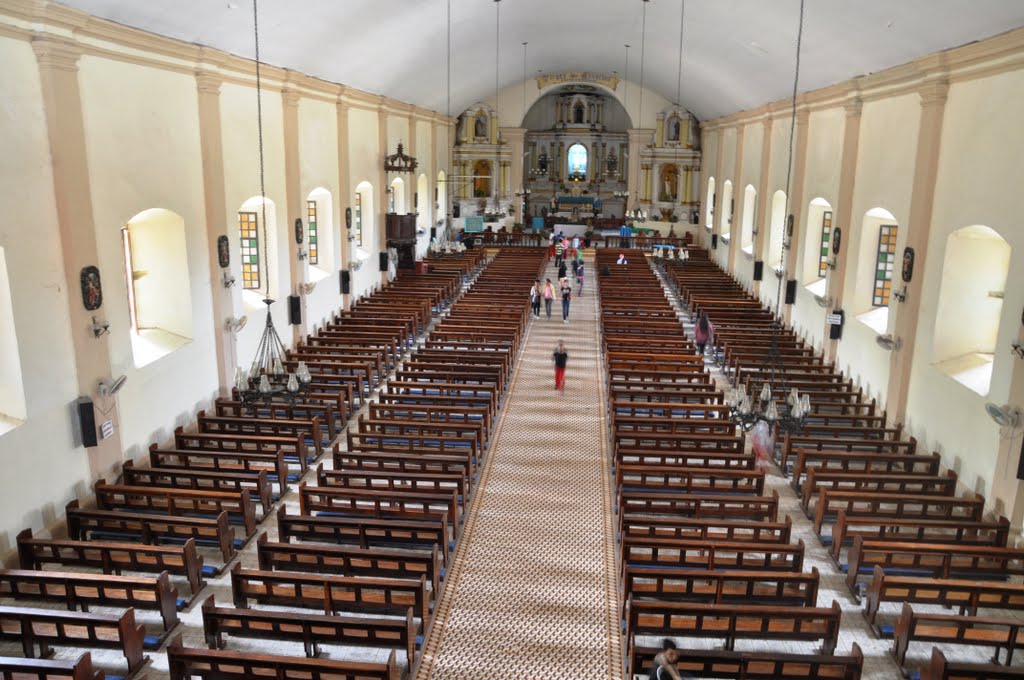 Photo from: www.panoramio.com
Photo from: www.panoramio.com
Santa Maria Church is located on a hill in the town. The Church and Convent is perfectly suited for self-defense which is one of Baroque Churches of the Philippines characteristics.
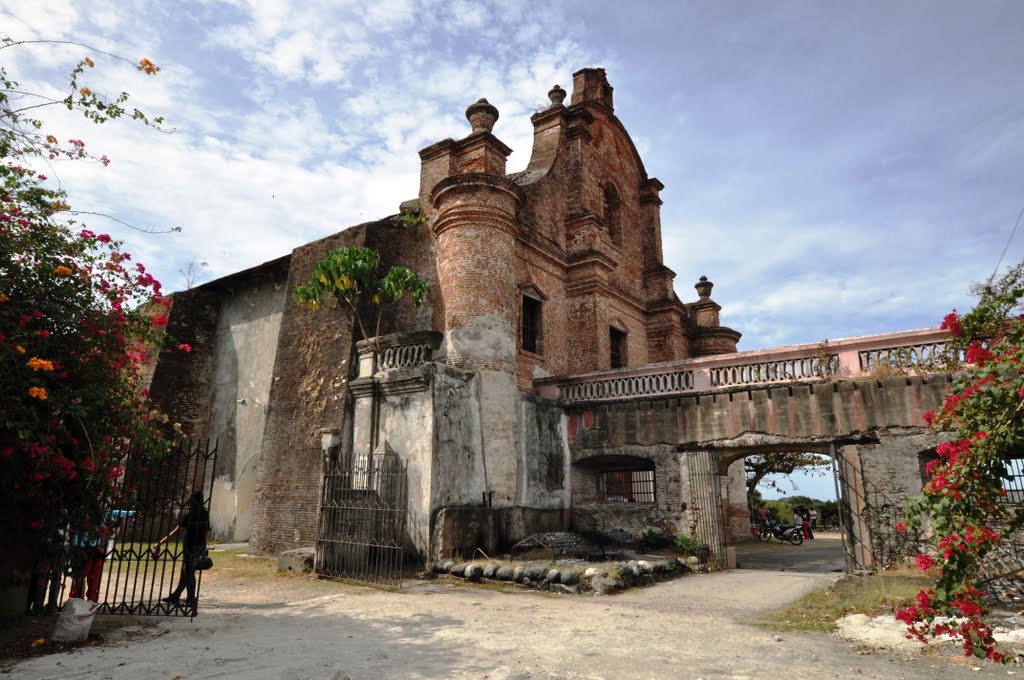 Photo from: www.panoramio.com
Photo from: www.panoramio.com
The town of Santa Maria lies on a narrow, flat plain between the sea and the central mountain range of Ilocos Sur province on the island of Luzon. In the 16th century, when Spanish Augustianians first settled in the area, Santa Maria was a mere visita, or mission outpost. By the mid-18th century, Santa Maria had become one of the most successful of the Augustinian missions in the Philippines, and construction of Nuestra Señora de la Asunción began in 1765.
A stairway of 85 steps leads up a hill from the edge of town to the church, which is perched like a citadel and fortified by a retaining wall of stone. Its elevated setting is unusual for Spanish colonial churches of the period, which were usually sited in plazas. Flanked by two cylindrical columns, the church’s exposed brick façade—once covered in limestone—opens into a nave flooded by natural light. A massive octagonal bell tower, added in 1810, stands nearby. – http://www.wmf.org/project/nuestra-se%C3%B1ora-de-la-asunci%C3%B3n
Other Photos:
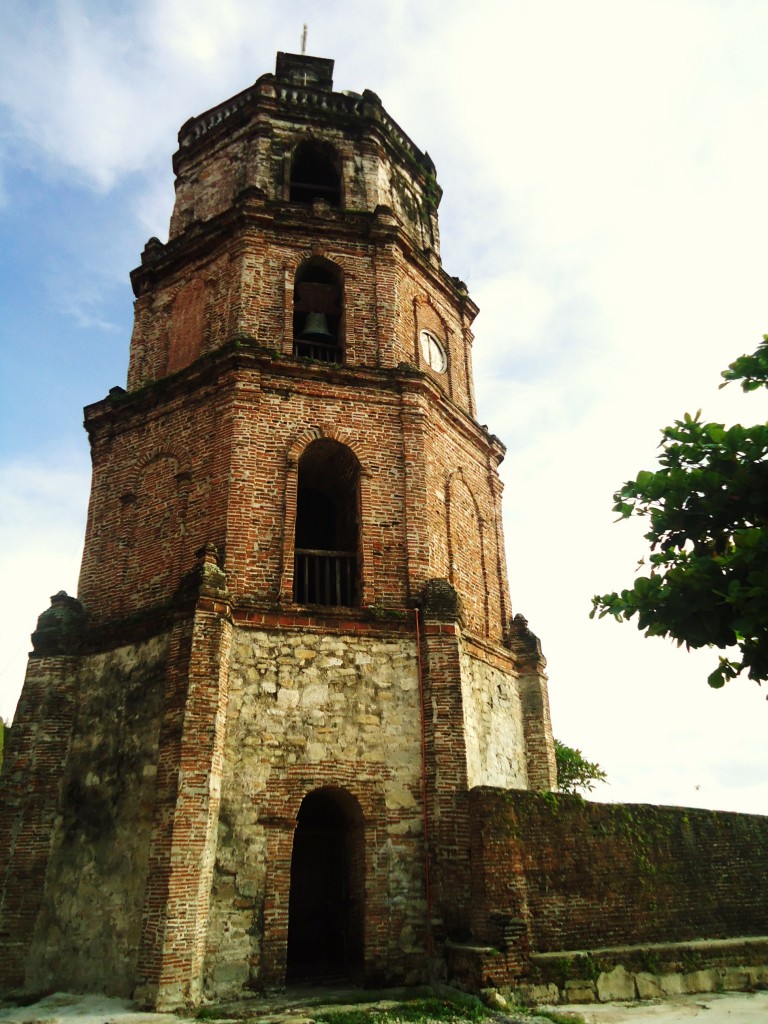 Photo from: commons.wikimedia.org
Photo from: commons.wikimedia.org
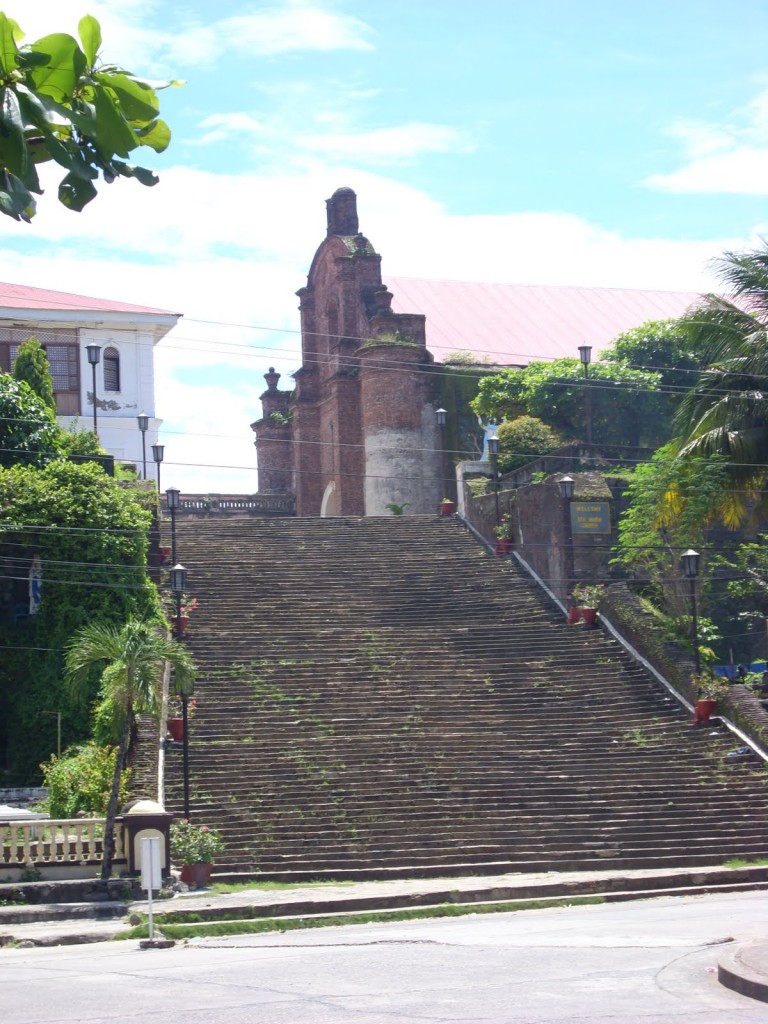 Photo from: http://nboi.blogspot.com/2010/09/baroque-church-of-santa-maria-ilocos.html
Photo from: http://nboi.blogspot.com/2010/09/baroque-church-of-santa-maria-ilocos.html
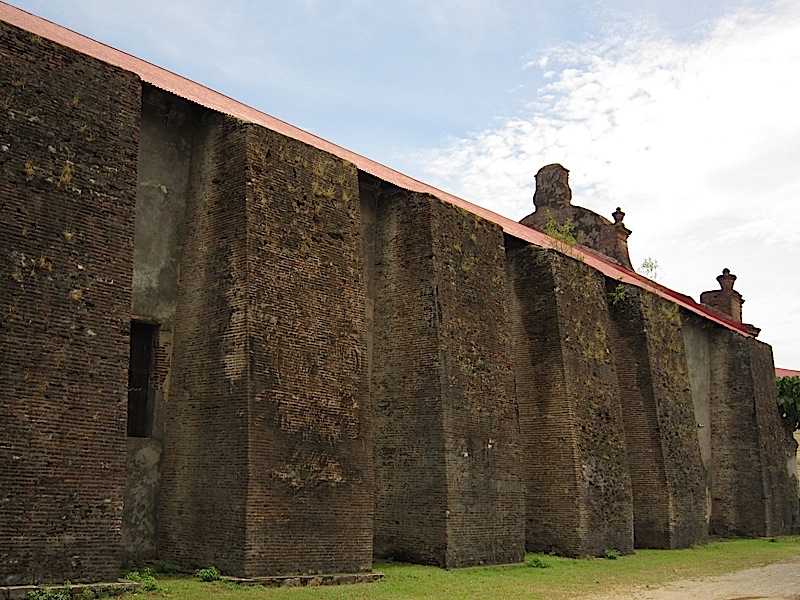 Photo from: manila-photos.blogspot.com
Photo from: manila-photos.blogspot.com
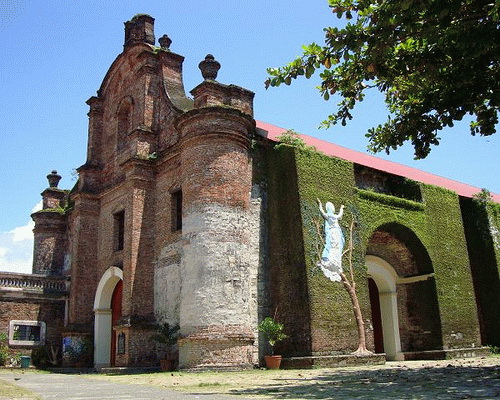 Photo from: www.church.nfo.ph
Photo from: www.church.nfo.ph
Watch the Video:
TABLE OF CONTENTS
Ilocos Sur is Part of Region I
Ilocos Sur – Home of World Heritage Vigan
Where is Ilocos Sur and How to Get There
Popular Tourist Spots in Ilocos Sur
Colorful Festivals in Ilocos Sur
Other Visitors Also Viewed:
The Enchanting Libtec Underground River
Best Tourist Attractions in Zamboanga del Sur
Amoingon Beach is Called The Snorkeling Capital of Marinduque
The Magnificent Baliuag Lenten (Holy Week) Procession in Bulacan
Interesting Places to Visit in Siquijor
Join the “Wet ‘n Wild” Regada Water Festival in Cavite
Fun Activities To Do in Romblon

